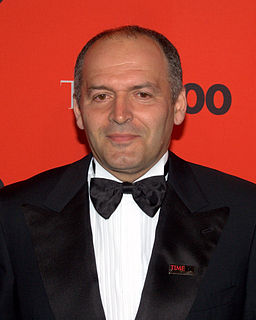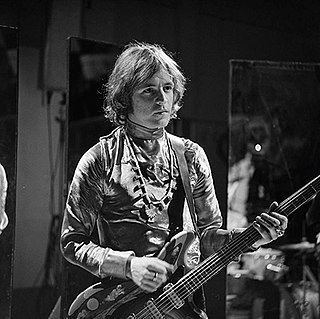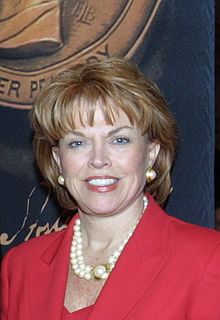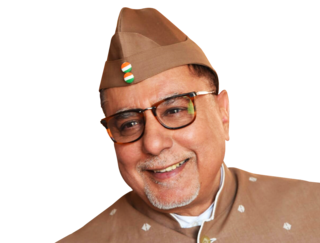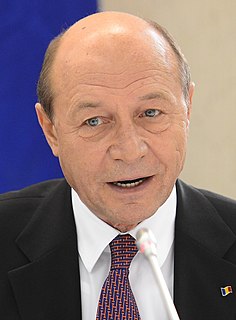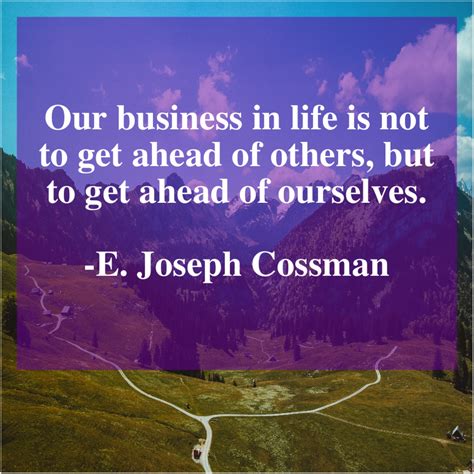A Quote by Victor Pinchuk
My pipe business I created from scratch; my media assets and bank I bought from the secondary market.
Related Quotes
I played upright bass. I wanted to write great tunes, play the bass, be a band leader, and smoke a big funny pipe like Charlie Mingus. So I went out and bought the pipe when I was around 18 or 19 years old. You know even women smoke a pipe in Glasgow. I worked with Carla Bley and she smoked a pipe, which I find fascinating.
How have people come to be taken in by The Phenomenon of Man? We must not underestimate the size of the market for works of this kind [pseudoscience/'woo'], for philosophy-fiction. Just as compulsory primary education created a market catered for by cheap dailies and weeklies, so the spread of secondary and latterly tertiary education has created a large population of people, often with well-developed literary and scholarly tastes, who have been educated far beyond their capacity to undertake analytical thought.
As a matter of fact 25% of our U.S. investment banking business comes out of our commercial bank. So it's a competitive advantage for both the investment bank - which gets a huge volume of business - and the commercial bank because the commercial bank can walk into a company and say, "Oh, if you need X, Y and Z in Japan or China, we can do that for you."
Even the National Bank of Romania doesn't have the huge resources needed to intervene in the market and keep the leu at an acceptable level, because they're drawing close to a floor below which the bank's reserves can't drop. The central bank has to wait for a moment of calm to efficiently conduct its interventions.
